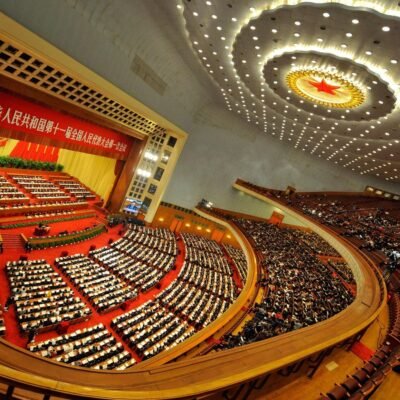The changes in the long-term capital gains (LTCG) tax regime announced in the Union Budget 2024-25, mainly the removal of the indexation benefit from tax computation, has triggered some heartburn among long-term investors of debt mutual funds. While the likely impact of the changes on asset classes like property and gold has been in focus, returns on earlier investments in debt mutual funds—which offer relatively low but more secure returns—could also get impacted significantly, investors and industry insiders say.
The new LTCG tax regime does away with the indexation benefit available for calculation of LTCG on unlisted assets, while reducing the LTCG tax rate to 12.5 per cent from 20 per cent. Specifically in the case of debt mutual funds, the changes appear to be more complicated than for other affected asset classes.
To be sure, the indexation benefit on new investments in debt mutual funds was scrapped in last year’s Budget itself with effect from April 1, 2023, with taxation at the applicable income tax rate for the investor. But importantly, investments made until March 31, 2023 were grandfathered with the continuation of indexation benefit on such investments. What has left many a debt mutual fund investor disconcerted is that in this year’s Budget, the indexation benefit on those grandfathered debt mutual fund investments has effectively been withdrawn. Investors and asset management companies want the government to reconsider the decision.
Indexation is the process of adjusting the original purchase price of an asset or investment in order to neutralise the impact of inflation on it. Inflation reduces the value of money over time, and therefore, when an asset is sold or an investment redeemed, indexation helps in arriving at a revised cost of acquisition with the impact of inflation over the holding period factored in.
Without indexation, particularly in cases where the asset was held for an extended period, the gains may appear extremely high, but they may not paint a realistic picture as the inflation’s impact on the value was not considered. In this case, if gains accrued on sale of assets or redemption of investments are taxed, absence of the indexation benefit would increase the tax outgo.
“Conservative investors who are long-term holders of debt mutual funds earlier had the benefit of Indexation, which after a holding period of five or six years made the tax burden almost nil on the low returns of 6-7 per cent that these debt funds offer. This class of conservative investors was protected in the last Budget by the Finance Minister when she promised that their existing holdings would be grandfathered. It seems that this promise may have been broken,” said a debt mutual fund investor, who did not wish to be named.
“Suddenly without any warning or grace period the indexation benefit has been removed for all unlisted physical and financial assets and we are being clubbed with investors who buy and sell property and gold (which offer higher returns than debt mutual funds)… I sincerely hope this is an oversight and the Finance Ministry reconsiders this,” the investor added.
Given the likely hit to returns on older debt mutual investments due to the new LTCG tax changes, the Association of Mutual Funds in India (AMFI)—the key mutual fund industry body in the country—has also urged the Finance Ministry to provide relief to debt mutual fund investors. AMFI sees the withdrawal of the indexation benefit on grandfathered investments in debt mutual funds and the other changes in the LTCG regime as a case of retrospective taxation. The mutual funds body wants the government to reconsider the removal of the indexation benefit from debt mutual funds or provide for the holding cost of debt mutual funds to be indexed till July 23 this year, the day on which the Budget for 2024-25 was presented.
“We believe that applying the new tax rates on a retrospective basis can be detrimental to investor confidence and deter new investors from entering capital markets as well as the existing ones to make further investments in the capital markets through mutual funds as these investors had invested in the funds based on the tax rates prevalent at the time of their investments. Further, FPIs also get impacted by such sudden changes in taxation, especially if implemented on retrospective basis,” AMFI said in a request for changes in the Budget proposals.
A tax expert, who spoke on the condition of anonymity, said that given the rate of inflation over the past few years and the returns on debt mutual funds, the actual returns for investors in real terms would be extremely low and could even be negative in a number of cases in the absence on the indexation benefit on older investments.
“For investments like property and gold that have given high rates of return over the past few years, the new LTCG tax rules that have a lower tax rate of 12.5 per cent and no indexation may be better than the old regime of 20 per cent tax with indexation benefit. But for moderate and low-return investments like debt mutual funds, the tax outgo would go up notably in the new regime, eating into the investors’ real returns,” the tax expert said.






